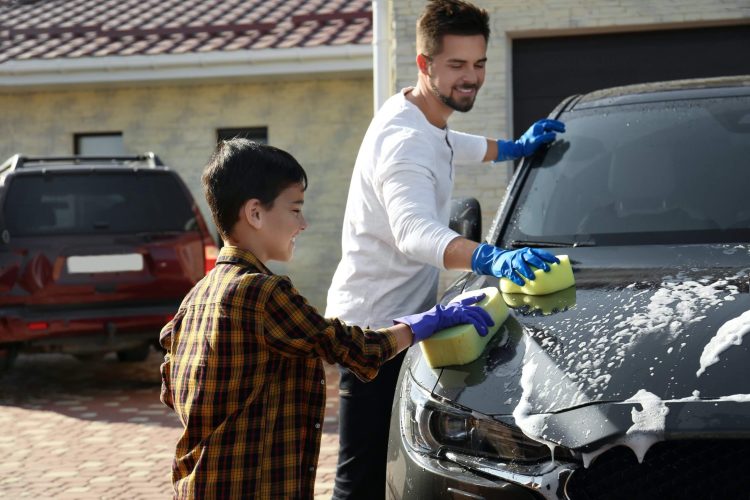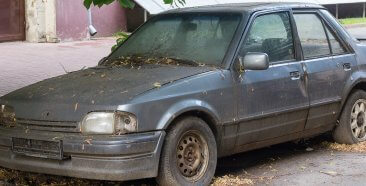
The heat is rising, which means certain things in your car need extra attention before becoming a problem, including your auto insurance. Here are four items to check on as summer progresses.
Keep Up With Oil Changes
Oil changes help to reduce and remove any excess dirt that can build up in your engine from use. Basically, oil changes contribute to the cleanliness of your engine, and a clean engine is a smooth-running one. That’s why checking and changing your car’s oil is vital to the longevity of your car.
Consumer Reports recommends checking your oil level at least once a month. As for changing it, if you’re using conventional oil, a 5,000-mile interval between changes is good, and for synthetic oil, intervals can be around 7,500 miles or more.
Even if you don’t drive your car a lot, your oil still needs to be kept fresh. Even in cars not running often, oil becomes less effective as it ages, and by not getting the engine warm enough, excess moisture that forms in the engine will not be removed, leading to shorter engine life.
Check Coolant Levels
A big one for the summer is maintaining the coolant in your vehicle. Coolant is a mixture of a chemical solution, most commonly antifreeze, and water. The coolant in your vehicle’s radiator works double, even triple, time in the summer. In addition to keeping your car from overheating, coolant guards against corrosion and lubricates your water pump.
The problem is coolant degrades and loses its effectiveness, so you should change out conventional coolant every one to two years and extended life coolant every five years. You can check your coolant levels with these steps.
Maintain A Healthy Battery
No one wants to get stuck with a dead battery in the height of summer. Summer can be harder on a battery than winter. For one, it can be dirtier, with more rain, pollen, and dust in the air. Dirt and corrosion have a negative impact on your battery’s performance. Dirt will act as a conductor and will drain your battery power faster. You can learn to clean your battery terminals with these steps.
Some other ways to help preserve your battery is parking in the shade, avoiding short trips, and turning off your electronics. Battery life can be extended by parking in shaded or covered areas like a garage, helping the battery not overheat. Short trips put a greater strain on your car’s battery because the alternator requires time to recharge the battery after starting the engine, so avoiding short trips helps keep the battery charged. Electronics play a significant role in draining the battery of its charge, so be sure to shut down all electronics before exiting the vehicle, especially if the engine will remain inactive for long periods.
Replace Wiper Blades
You’ll want a sturdy set of windshield wiper blades to ensure good visibility during summer thunderstorms. Plus, there’s nothing more annoying than when the rain comes, and all you’ve got are dozens of streaks. Summer’s intense sun and heat, mixed with seasonal pollen and dust, can cause the rubber on the wiper blades to crack and deteriorate.
Replace your blades if they’re showing signs of wear, including splitting, cracking, or skipping, or if they’re more than six months old. You can change your wiper blades quickly and easily with these steps.
Check Belts & Hoses Conditions
The heat and humidity of summer can make belts crack, fray, or become glazed. Hoses can also become cracked, as well as experience swelling and leaks—especially around clamps. That’s why you want to be sure to inspect your belts and hoses for evidence of damage. You can learn to do this with these steps.
When it comes to summer, you want to be cool and covered. When it comes to car insurance, you always want to compare to be sure you’re getting the best auto insurance rates available. The way to do that is by getting a free auto insurance rate quote today from Freeway Insurance.



